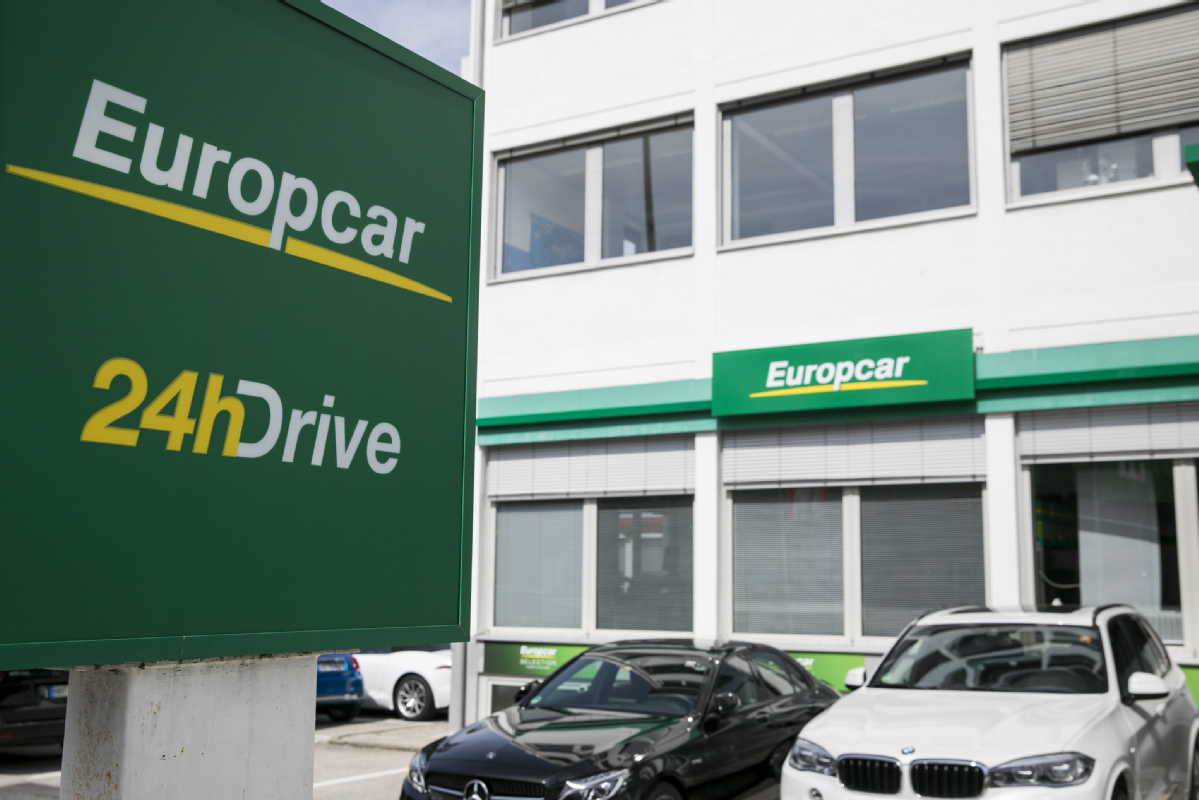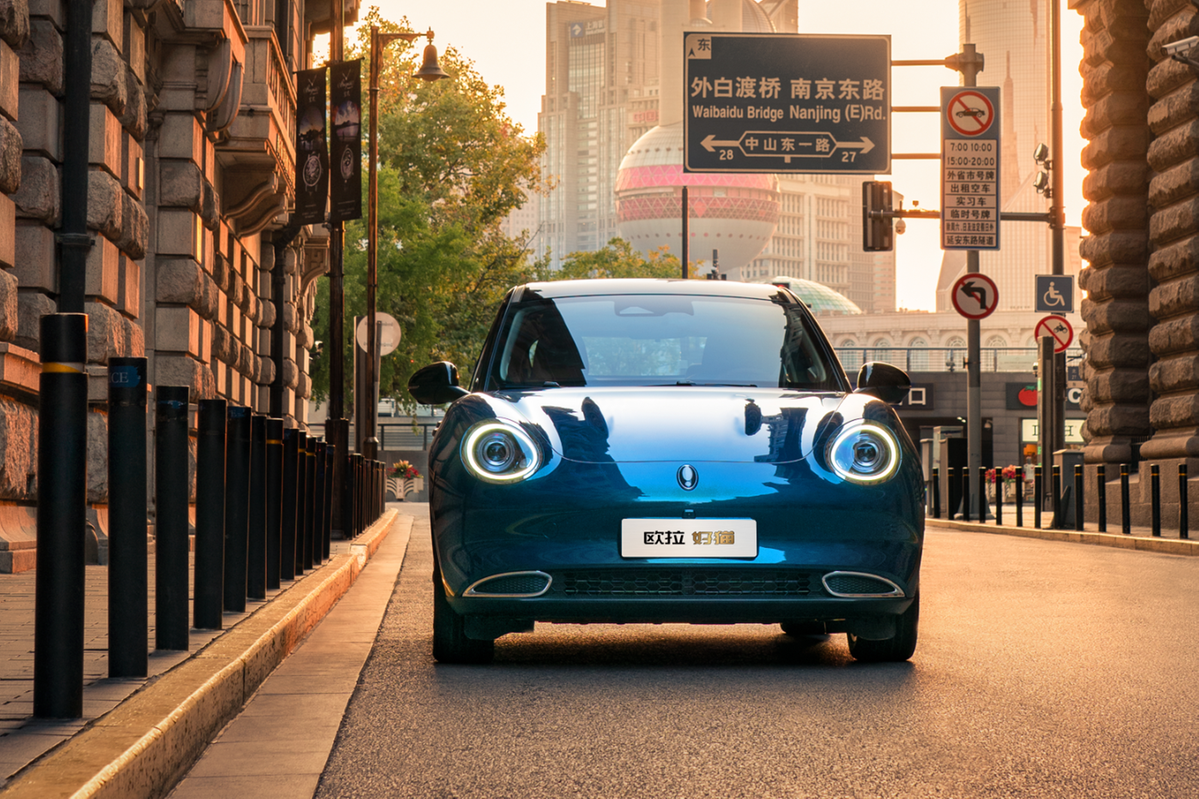Rental car giants embark on electric


The $100 billion Western rental car industry, flush with cash from a profitable pandemic, is gradually getting its electric show on the road, and Chinese-made vehicles are poised to play a starring role.
The electric transition could see car fleets, long dominated by famed marques from the United States and Europe, increasingly switch toward Asian automakers, according to a European executive.
"Historically, European and American manufacturers had an edge, but the shift toward electric is reshuffling the cards," said Olivier Baldassari, group chief countries and operations officer at rental giant Europcar.
He said electric cars from Chinese and other Asian makers were comparable to Western models in terms of quality, citing Great Wall Motors' Ora line, but generally cost less.
Even small savings are significant in the vast rental industry, which buys millions of new cars a year-a tenth of all new cars in the US alone-and provides a leading indicator of wider auto trends in society.
Companies in the sector have long resisted a rush to electrify because of weak demand for electric vehicles among customers worried about being stranded by flat batteries.
Yet several analysts said now is the best time to start as companies have fortified their coffers with bumper profits during a pandemic that emptied public transit and airports, and led to more holidaying within driving distance.

In the US, rental car companies received record monthly revenue of $1,320 per vehicle in 2021, according to the American Car Rental Association. That compares to around $1,000 pre-pandemic.
"In the past, companies have kind of stuck their head in the sand," Nick Mountfield, associate partner at OC&C Strategy Consultants, which advises rental car companies, said about electrification. "We're now starting to see people say that they'll have to do something about it and put plans in place."
Hertz was an early mover last October when it announced the planned purchase of 100,000 vehicles from US trailblazer Tesla, upping the pressure on rivals to spell out transition plans.
Europcar, meanwhile, pledged to make 20 percent of its fleet electric or low-emission hybrid by 2024, from 3 percent now, which means it will need to buy up to 70,000 cleaner vehicles in the coming two years if it restocks its fleet to the 350,000 vehicles it owned pre-pandemic.
Rental companies sold off their fleets as demand plummeted at the start of the pandemic and have struggled to regain volumes amid a global shortage of semiconductors that has hampered vehicle production.
Baldassari said Europcar was increasingly sourcing EVs from Great Wall Motors, SAIC Motor and Polestar, which is owned by China's Geely and Volvo Cars, though it was also buying from traditional partners, including Renault and Stellantis.
Great Wall Motors, one of Europcar's suppliers, is expected to launch its Ora Cat compact electric car in Europe this year priced at around 20,000 euros ($22,260) with a range of around 400 kilometers, joining a growing number of Chinese EV makers trying their luck on the continent.
Reuters
- Govt committed to protecting rights of people with disabilities
- <em>How-to China</em>: American Beijinger's passion for winter sports
- US consumer price index jumps 7% to 40-year high
- China's car rental market to top 150b yuan by 2025: report
- Ministry urges tourists to exercise restraint during holiday season




































